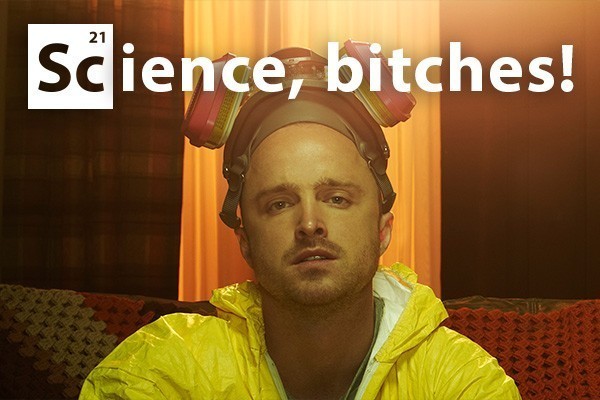Are humans really as smart as we think we are? In a generally safe, urbanised and scientific world, one might argue that we are now rational, and act upon reason. Sophocles, an ancient Greek playwright, wrote “reason is God’s crowning gift to man”. Sophocles believed that humans’ ability to reason is what sets us apart from animals and allows us to develop and progress the world we live in. If Sophocles could see into our future, he might be a little disappointed.
The world seems to be full of issues where reason or science are misused. People still refuse to vaccinate their children because of the perceived risk of autism. Anti-vaccinators have been deemed responsible for a recent measles outbreak at Disneyland. And how often have you heard the debate on GMO foods? The world’s leading science panels agree that GMOs pose no known risk to humans, while presenting a plethora of health benefits.
While the scientific evidence is there, it seems like these debates aren’t about the facts. Instead, they are driven by emotion. This is because risk perception for humans is about more than the facts. We are animals with well-developed subconscious instincts. The brain’s function is to keep us alive, and its instincts include making rapid, protective judgements about a risk. These judgements influence how scary a risk may feel.
When we evaluate risk, our brain often consults with what it does know about the risk. For GMO foods, fears of “pesticides” and mistrust of “chemical companies” may pop up. GMO foods, in this case, must then represent something that feels scary. The concept of “loss aversion” is another factor that restricts the rationalisation of issues — this is when someone gives more emotional significance to loss than gain.
While the probability of a risk may be small, the potential for harm carries much greater emotional power. As a result, fear overwhelms objective rationalisation of scientific evidence. This idea was reflected in the Western Australia shark cull last year, which was implemented to mitigate shark attacks. In some polarising issues, perhaps humans need to avoid letting emotion interfere with reason.







